Training and support to develop your skills
Whether you need to develop your skills to get ready for the workplace or want training for a certain job, there are websites and programs that can help.
Job training and career help websites
The Australian Government has websites to help you to develop your career.
myskills
The myskills website lets you search for training courses near where you live or work. You can also explore training in certain industries.
myfuture
The myfuture website can help you learn more about your career choices. On the website, you can:
- find out your strengths
- find out about different jobs and the training you need
- get hints on looking for work
- read how other people have found great jobs.
You can sign up to the myfuture website for free. Go to the myfuture sign-up page and enter your details.
Your career
The Your Career website helps Australians of all ages to better plan and manage their career.
No matter your stage in life or your circumstances, Your Career can help you:
- explore jobs that might interest you
- match your skills and training to a job or plan a career change
- get information about pay, vacancies and what industries are hiring people.
If you are unsure of what you want to do. Answer a couple of questions to discover job, training and study options based on your interests.
Unsure of what you want to do? Answer a couple of questions by visiting the Your Career website. You will discover job, training and study options based on your interests and skills.
Workforce Australia
You can explore education and training options using the Workforce Australia website. The website lists activities to support you into work. You can choose from training, mentoring and work experience. These activities can help you build confidence and gain experience for the job you want.
Skills training programs and resources
The Australian Government runs programs to help people develop basic skills and take part in training and education. Below are a few options you may be eligible for.
Help with reading, writing and maths
The Skills for Education and Employment (SEE) program could help improve your speaking, reading, writing, basic maths or computer skills.
The SEE program lets you study full time or part time. You can also study in person, online or a mix of all these options.
For more information about eligibility contact your Inclusive Employment Australia provider or visit the Department of Employment and Workplace Relations website.
Skills training in remote communities
The Community Development Program (CDP) supports job seekers in remote Australia. If you are eligible, you may be able to get help from your service provider to build your skills, look for work and get a job. For example, through:
- formal training to get a qualification
- basic skills training, including reading, writing and maths
- training to learn how to drive.
The Government has committed to replace the CDP with a new remote jobs program. The new program will have real jobs, proper wages and decent conditions. The program is being developed in partnership with First Nations people.
For more information about the current CDP and the new remote jobs program visit the National Indigenous Australians Agency website.
Fee-free TAFE courses
You may be eligible for a Fee-Free TAFE course with a range of study options. You can study an accredited diploma, certificate or a short course. These courses can prepare you for work in a fast growing industry needing skilled workers.
Visit the Your Career website Fee-Free TAFE page to find out more and link to information for your state or territory.
Help with digital skills
Basics digital and software skills are useful for many jobs. Microsoft has a collection of free resources that can help you learn the basics or add to what you already know. Go to Microsoft Digital Skills to find out more.
You can also get help to improve your digital skills through the SEE program. For more information, get in touch with your Inclusive Employment Australia provider or visit the Department of Employment and Workplace Relations website.
Building your skills in your job
It is a good idea to keep improving your skills as you work. Having better skills can help you:
- do your work tasks better
- feel more confident in your job
- move into different roles in your workplace
- find another job in the future.
Talk to your supervisor about how you could improve at work. They can help you work out what skills you could learn or develop. For example:
- technical skills you need for your job, such as using special software or machines
- general skills that are useful in any workplace. For example, communication, teamwork, leadership or time management.
Think about making a plan that might include getting extra training from your co-workers, or taking courses outside of work. Work with your supervisor to set goals and to review your progress.
Related pages
Last updated:
Training and support to develop your skills
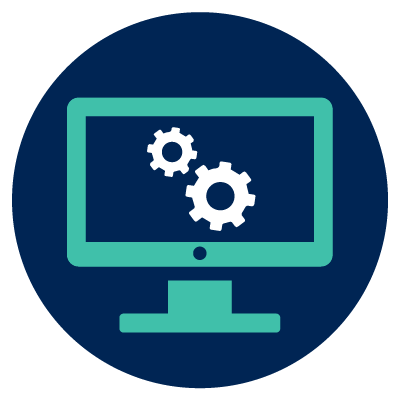
You can use websites and programs to develop your work skills and get training.
Useful websites
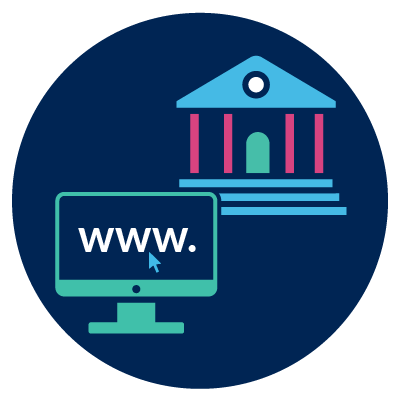
The Australian Government has websites to help you develop your:
- skills
- Your career is the path you take in the area of work you choose.
myskills website
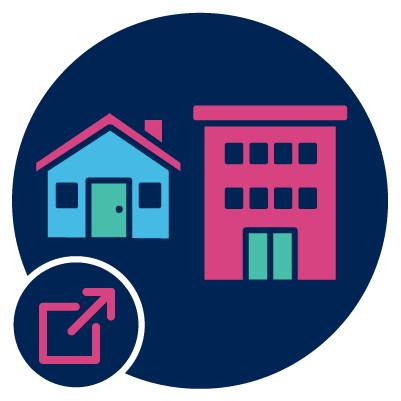
The myskills website lets you search for training programs near where you:
- live
- work.
You can visit the myskills website for more information.
myfuture website
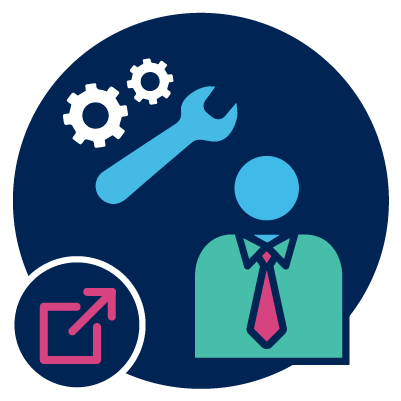
The myfuture website can help you find out about:
- what you are good at
- different jobs
- training you might need.
You can also find out how other people have found jobs.
You can visit the myfuture website for more information.
You’ll need to sign up for a free account to use it.
Your Career website
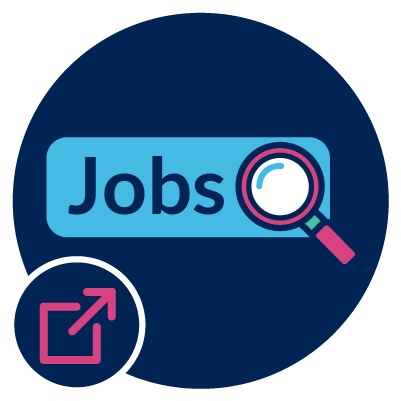
The Your Career website can help you learn what careers you might like.
You can also find information about how to:
- find a job
- change your career.
You can visit the Your Career website for more information.
Workforce Australia website
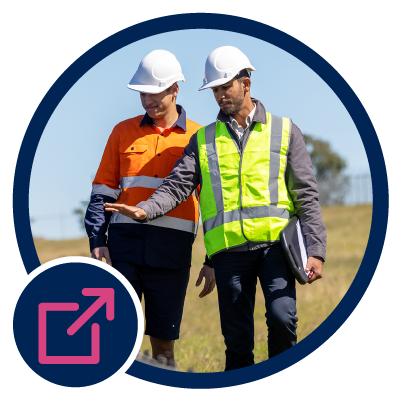
The Workforce Australia website can help you find:
- training programs
- work experience
- people who can teach you new skills.
You can visit the page about activities to support you into work on the Workforce Australia website.
Support to get training
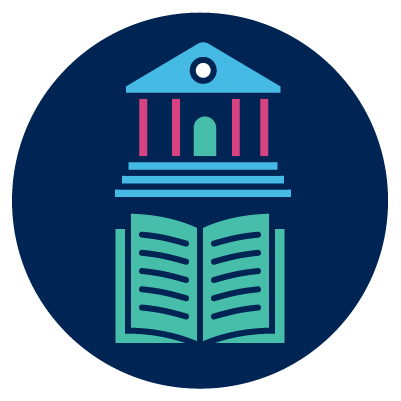
The Australian Government also runs programs to help people develop their skills.
Skills for Education and Employment (SEE) program
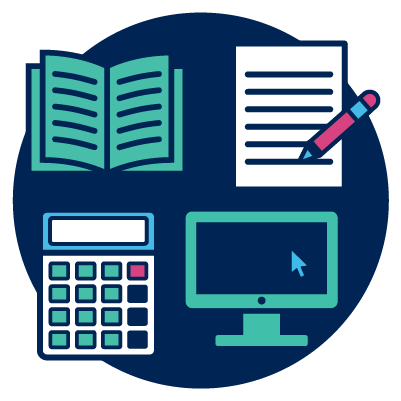
The Skills for Education and Employment (SEE) program can help you to learn:
- reading skills
- writing skills
- maths skills
- computer skills.
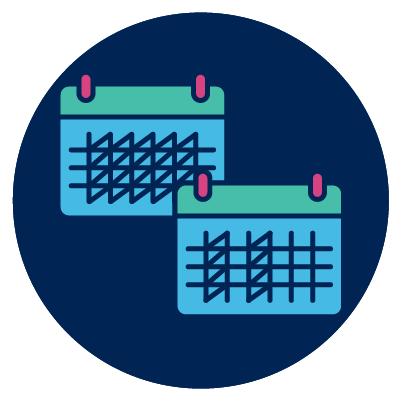
You can choose to study:
- full time
- part time.
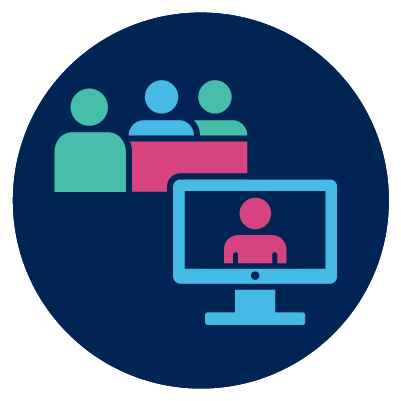
You can also choose to study:
- in person
- online
- or both.
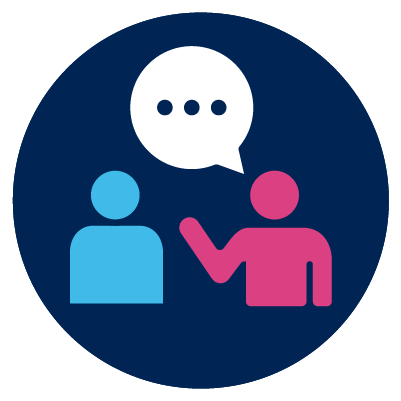
If you have an Inclusive Employment Australia helps people with disability find and keep jobs. Inclusive Employment Australia providers deliver services to help people with disability do this. you can ask them if you can take part in the program.
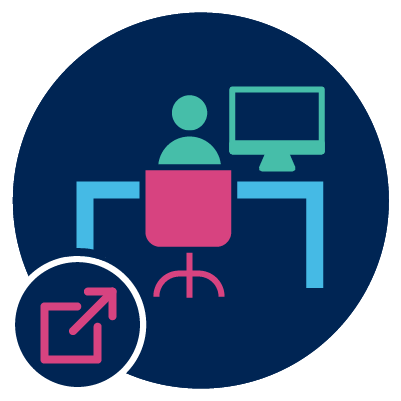
You can also visit the Department of Employment and Workplace Relations website to find out more.
Community Development Program (CDP)
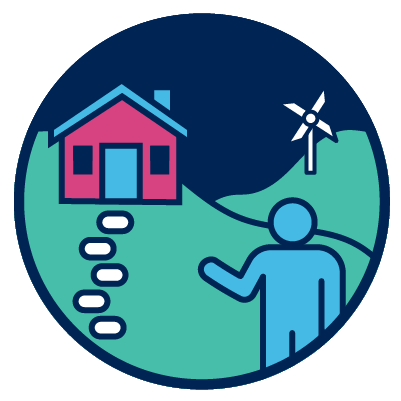
The Community Development Program (CDP) supports people who live far away from cities or towns to find and keep a job.
CDP can help you to:
- develop your skills
- get training
- find a job.
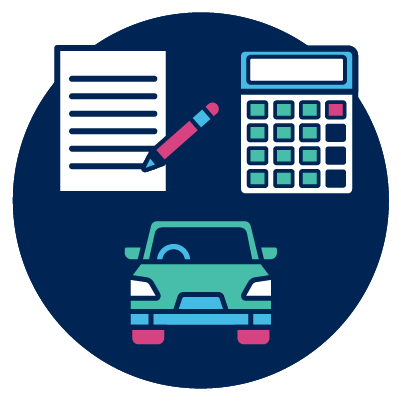
For example, CDP can support you to:
- study
- build your reading, writing and maths skills
- learn how to drive.
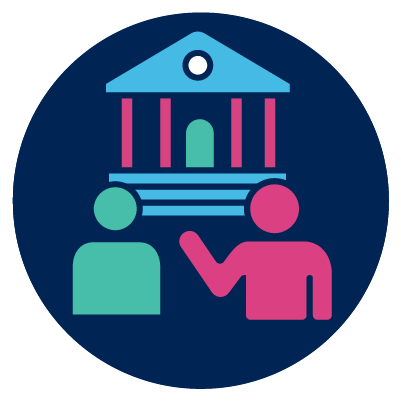
The Australian Government will replace CDP with a new program soon.
This program will also support people who live far away from cities and towns to find and keep a job.
The Australian Government is working with First Nations peoples to create this program.
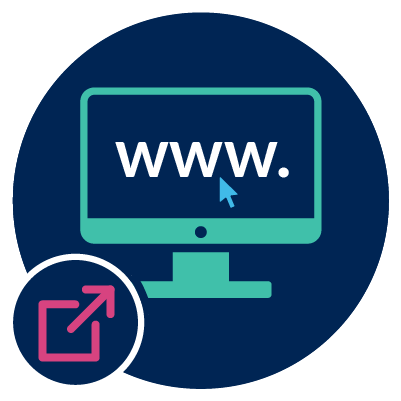
You can visit the National Indigenous Australians Agency website to find out more.
Fee-free TAFE courses
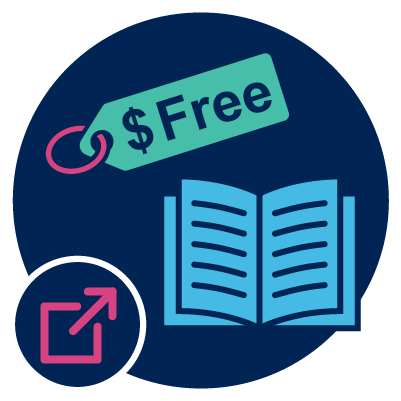
You might be able to do a course at TAFE for free.
The Fee-Free TAFE program can help you learn skills that employers are looking for.
You can visit the page about Fee-Free TAFE on the Your Career website.
Support with computer skills

Computer skills are useful for many jobs.
Microsoft has free training to help you learn computer skills.
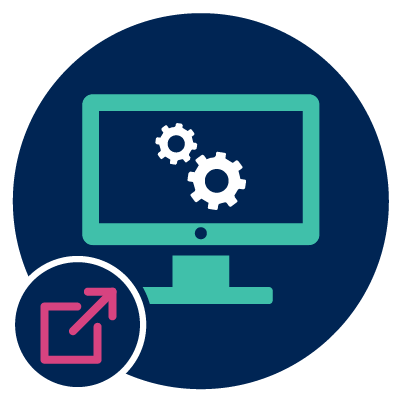
You can visit the page about Digital Skills on the Microsoft website.
Developing your skills in your job
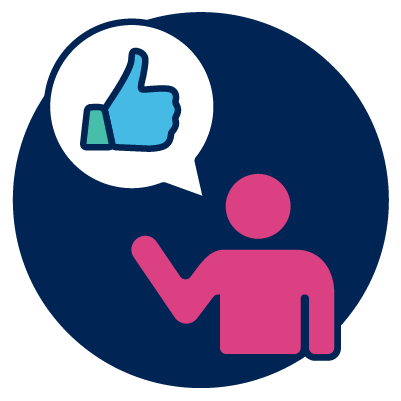
It’s a good idea to keep developing your skills while you work.
Having better skills can help you:
- do your job better
- believe in yourself at work
- do different tasks at work
- find a new job in the future.
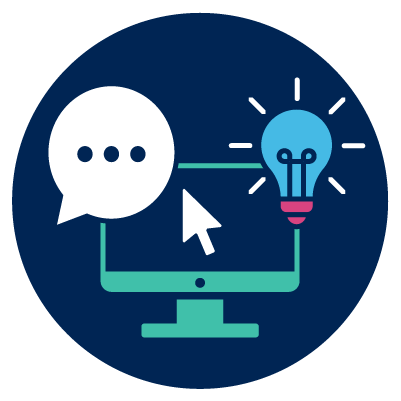
You can talk to your A supervisor's job is to make sure workers do their job well and follow the rules. about how you could develop your skills.
They might tell you about skills they are looking for.
For example:
- skills for the type of job you have, like how to use a machine
- skills that are useful in any job, like how to work well with other people.
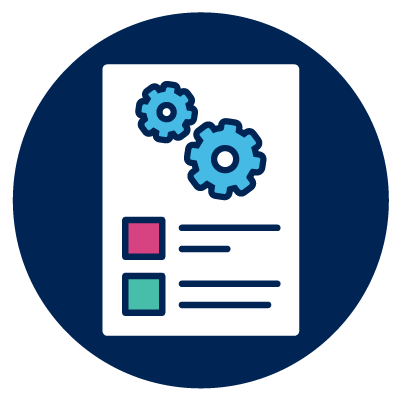
You could make a plan to get more training:
- from your co-workers
- outside of work.
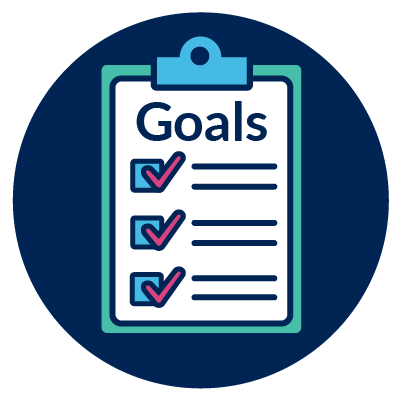
You can work with your supervisor to:
- set goals
- check how well you’re doing.

